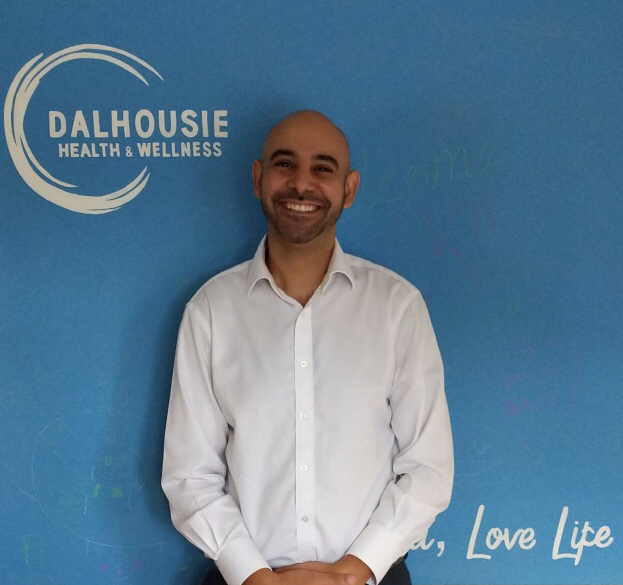|
Dr. Pepper has a special interest in the treatment of children, adolescents and adults with concussion. Much of my time treating concussions is spent answering questions and providing education. Despite the surge in interest, many questions and misconceptions linger around the topic of concussion. The following are some of the most common myths I hear about concussion in my office. You have to hit your head to have a concussionPeople commonly believe that you need to hit your head to have a concussion and that the harder the hit the worse the concussion. Neither of these statements are true. A concussion can be sustained by hitting your head, but also by a rapid acceleration-deceleration or your head or a coup-countercoup motion. This kind of injury can be produced in a car accident, a fall or even a hit to the body. We also see in practice that the degree of the injury does not correlate well to the number or intensity of symptoms. You need to lose consciousness to have a concussionLoss of consciousness is not a diagnostic criteria for concussion, in fact it occurs in less than 10% of concussion cases. Although it seems logical that a loss consciousness would indicate a more severe concussion this is also not the case. It is always important to report loss of consciousness to your health care provider but it may not be a reliable indicator in determining if you have a concussion or how severe the symptoms may be. You have to keep someone with a concussion awakeSleep is actually vitally important in concussion recovery. This misconception is likely a result of advice that is intended for those with bleeding in their brains. Brain bleeds are very rarely associated with concussion. If the patient has been assessed by a health care professional and a bleed has been ruled out, it is safe for them to sleep. When you sustain a concussion your brain is suffering from an energy crisis and adequate sleep can help restore your brain’s energy. However, daytime sleeping and excessive napping is discouraged, try to get your restorative sleep at night. You will have symptoms from your concussion right awayAlthough concussion symptoms may come on right away, they are often delayed. Some symptoms may take hours or even days to appear after the initial injury. In the time following a concussion the brain is more susceptible to injury, this is why we say “when in doubt, sit them out”. Returning to play before a concussion is healed and sustaining a second injury may lead to Second Impact Syndrome which is a very serious complication that causes neurological impairment, brain swelling, coma and possibly death. For more information on this please read up on Rowan’s Law which is legislation designed to protect those with head injuries. All physical activity should be avoided, you need complete restAn initial period of complete rest may be recommended for 0-48 hours post injury. Following this, light aerobic activity is highly recommended. Research demonstrates that light activity is
associated with faster recovery than complete rest. Your health care provider will assess your individual case and make recommendations based on your symptoms. Usually a short walk or stationary biking are preferred. As your symptoms improve your health care provider will include rehabilitation exercises and slowly re-introduce you to your previous activities. Incremental exposure to your normal demands will be a critical part of your return to work/play or school plan.
0 Comments
Leave a Reply. |
Archives
May 2024
|


 RSS Feed
RSS Feed